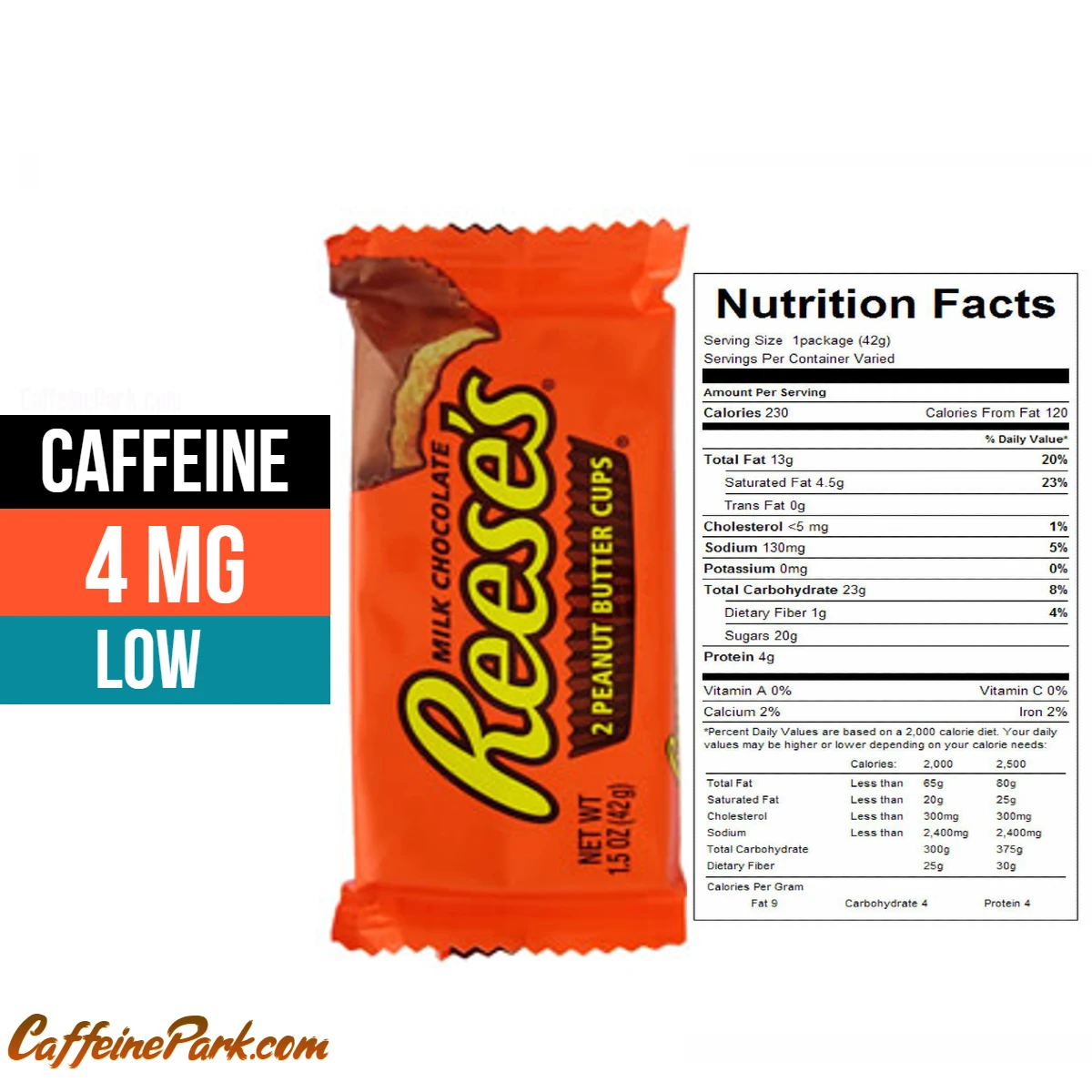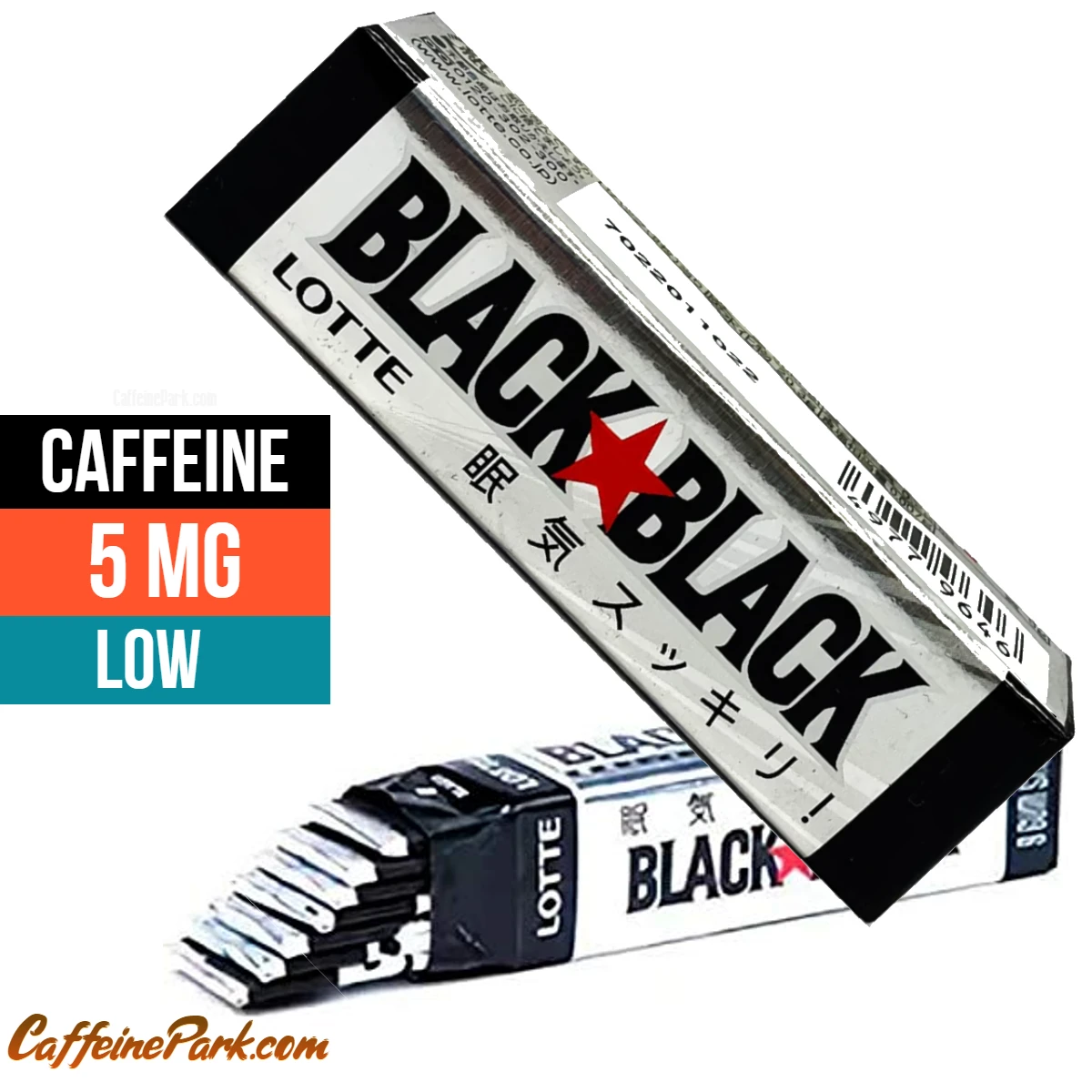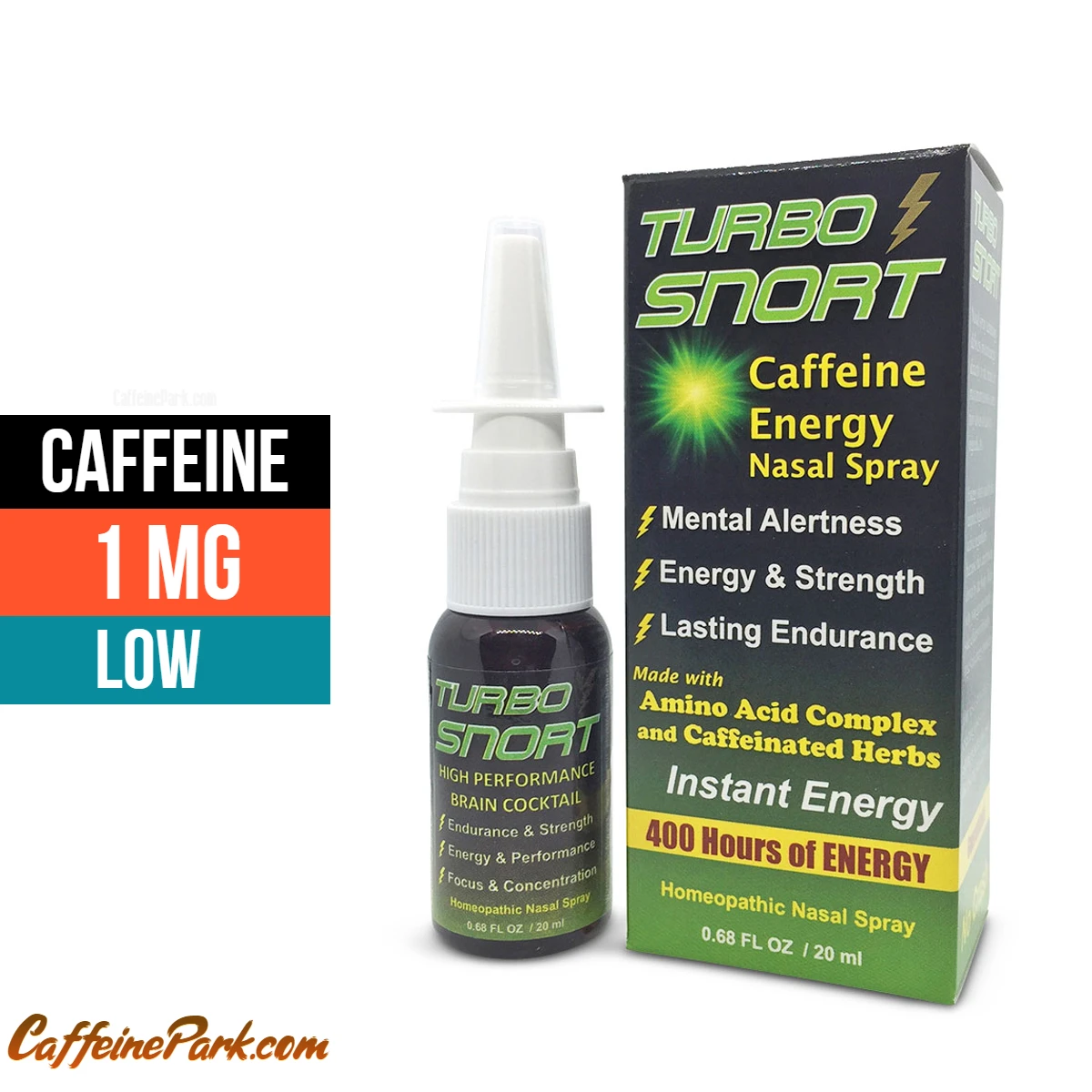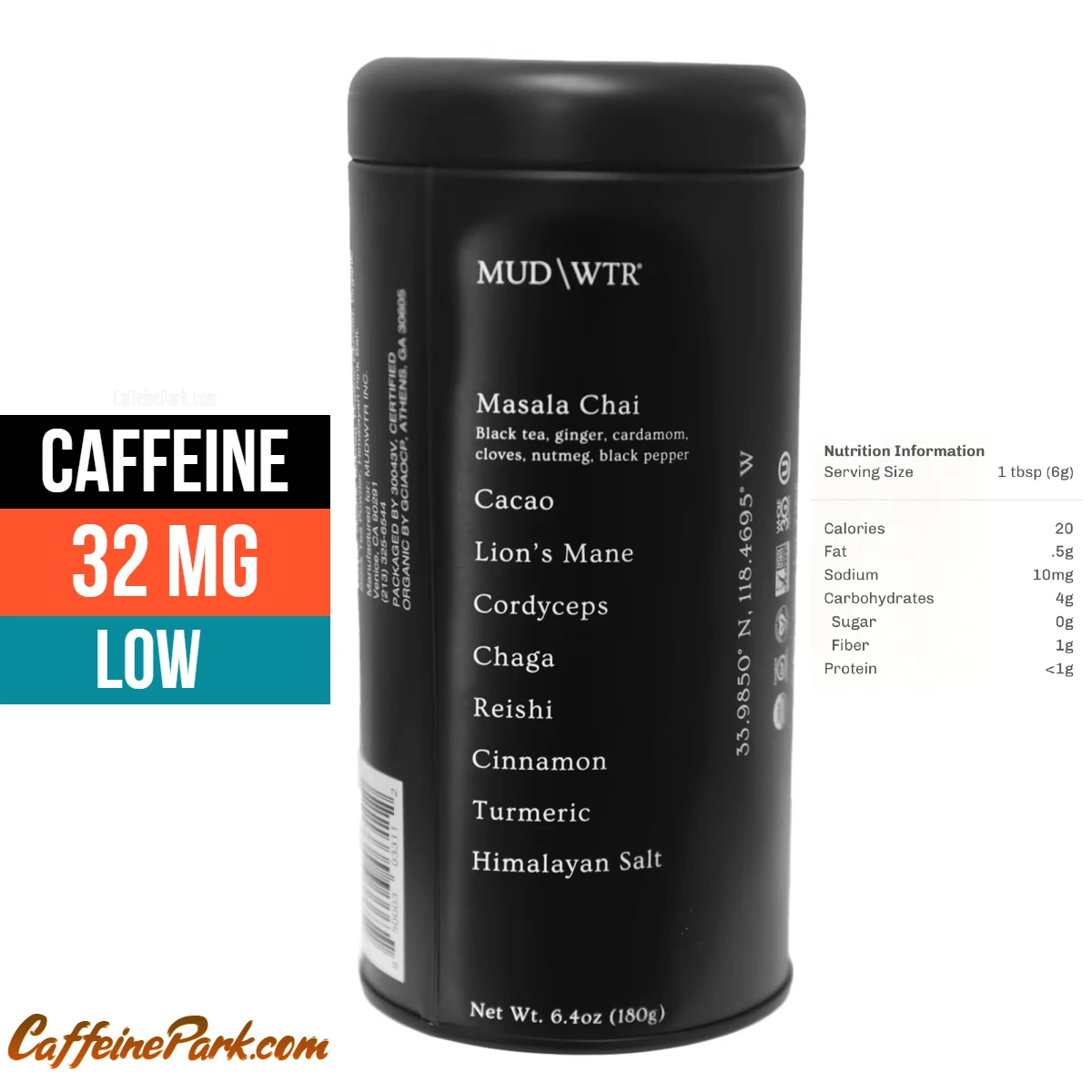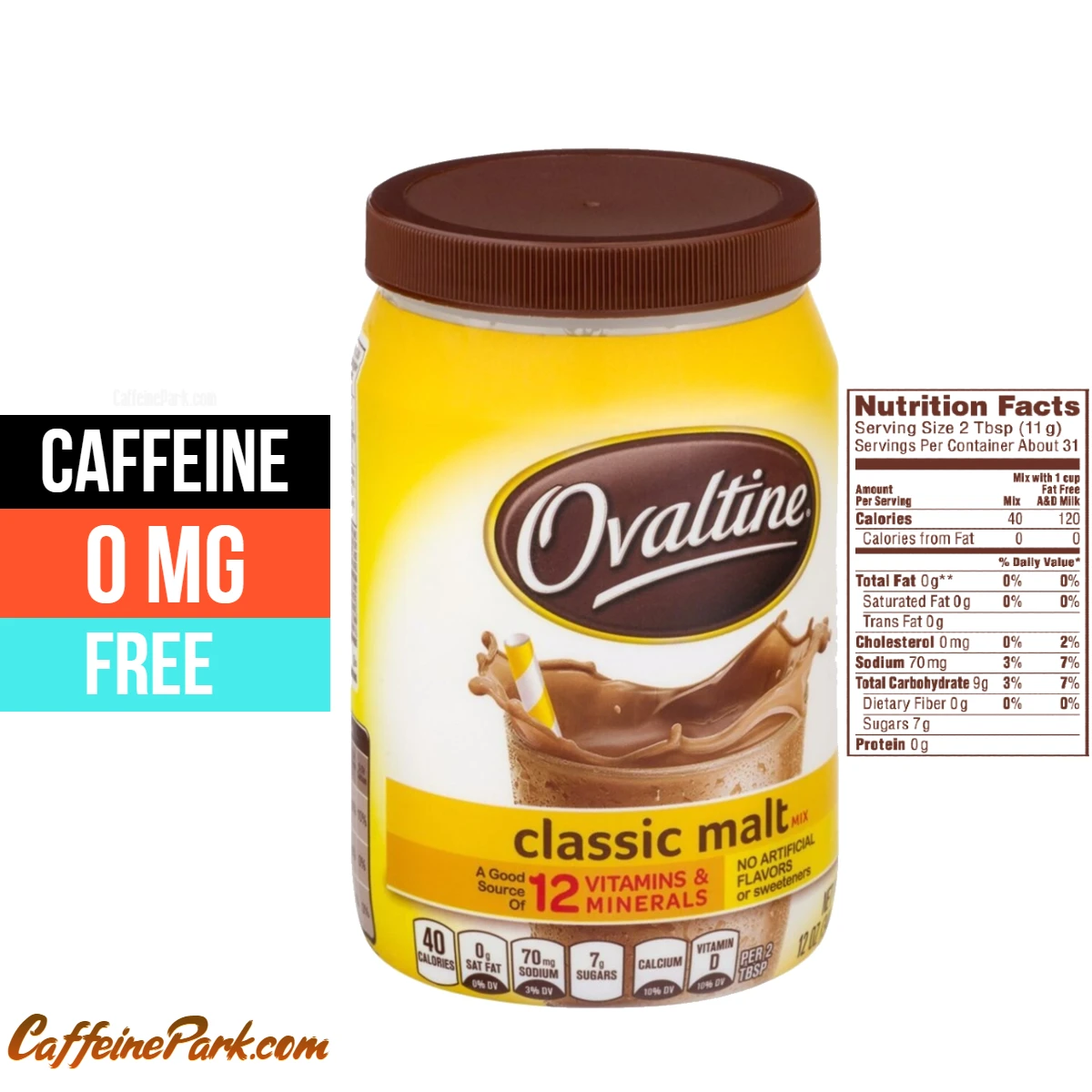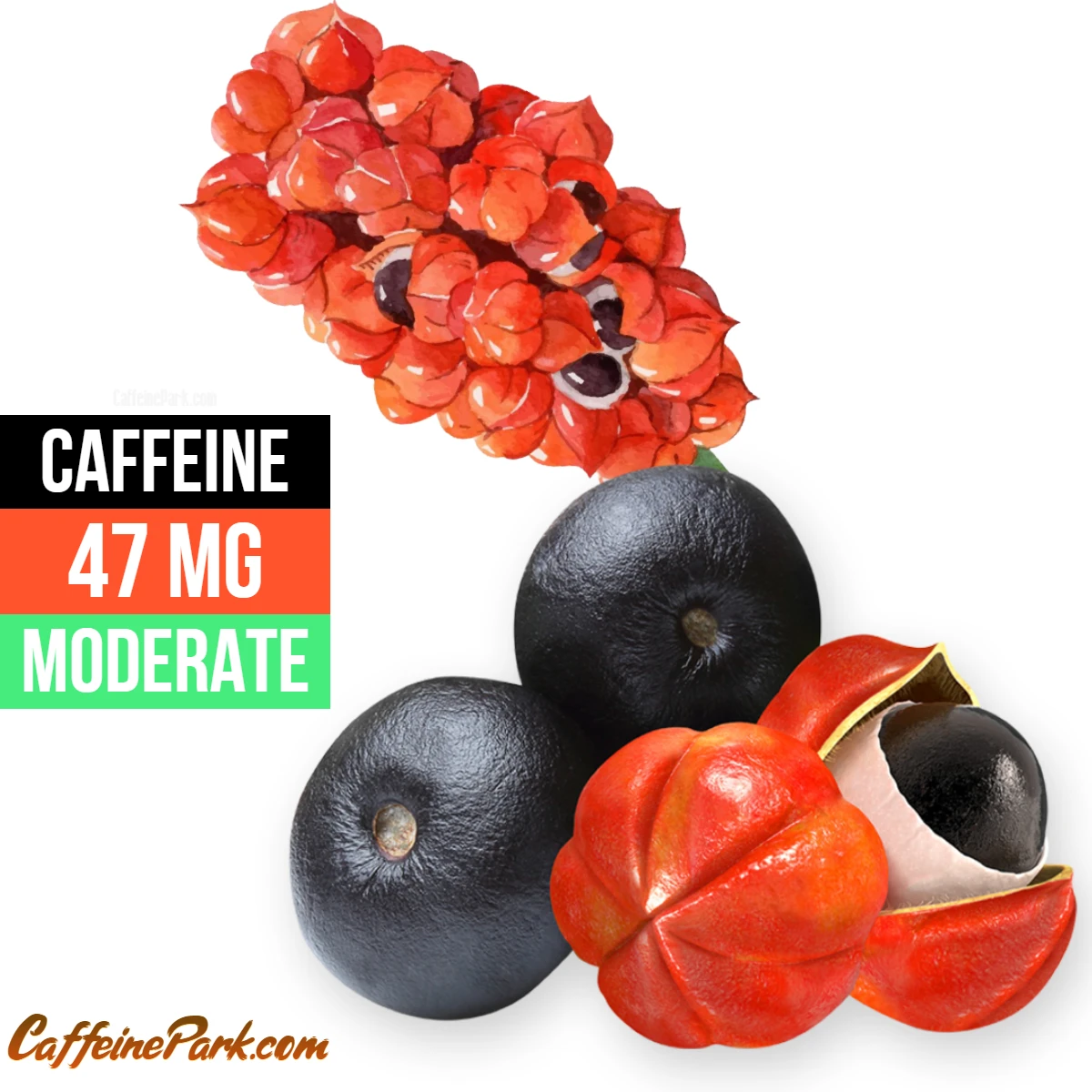
Have you ever wondered about the caffeine content in creatine? Well, let’s dive right in and uncover the facts together. First things first, it’s important to know that creatine itself is caffeine-free. Yes, you heard that right! Creatine is a naturally occurring compound that our bodies produce from amino acids. So, if you’re concerned about caffeine intake, rest assured that creatine won’t add to it.
Now, let’s clear up a common misconception. While caffeine and creatine are often associated with each other, they are completely separate entities. You see, caffeine is a well-known stimulant found in popular drinks like coffee, tea, and energy drinks. On the other hand, creatine is a natural substance that supports muscle function and is not reliant on caffeine to work its magic.
But why the confusion? Some people mistakenly believe that combining caffeine and creatine can enhance performance. However, there’s no scientific evidence to back this claim. While creatine may have potential benefits for improving strength and power output, caffeine doesn’t directly affect creatine’s production or effectiveness in the body. So, if you’re considering using creatine, know that it’s caffeine-free and its impact on your performance may be independent of caffeine.
Does Creatine have caffeine?
NO, Creatine does not depend on caffeine (caffeine-free). The body produces creatine from amino acids. Some people believe that creatine can enhance performance; however, there is no evidence to confirm this claim.
| Serving Size | CAFFEINE CONTENT | CAFFEINE STRENGTH |
|---|---|---|
| 100 ml | 0 mg | Caffeine-Free |
| 8 fl oz | 0 mg | Caffeine-Free |
- Caffeine Amount: 0 mg
- Caffeine strength: FREE-CAFFEINE
- Calories: 321
- Serving size: 8 fl oz
- Sugar: 54g
Combining Creatine and Caffeine (Pros and Cons)
Before we begin, it’s important to note that while we’ll provide you with the information you need, it’s always a good idea to consult with a healthcare professional or a qualified sports nutritionist for personalized advice. So, let’s dive in and explore the world of combining creatine and caffeine!
Pros of Combining Creatine and Caffeine:
- Increased Power and Strength: Creatine has long been hailed as a performance enhancer, thanks to its ability to increase phosphocreatine levels in your muscles. This leads to rapid production of energy (ATP), resulting in greater explosive power and strength during your workouts. When combined with caffeine, which provides an additional energy boost, you can experience enhanced performance and push through those tough sets with more vigor.
- Increased Muscle Mass: Both creatine and caffeine have been associated with greater gains in muscle mass. Creatine promotes increased water retention in muscle cells, leading to fuller-looking muscles. Caffeine, on the other hand, has been shown to enhance muscle protein synthesis, which is essential for muscle growth. When used together, creatine and caffeine may synergistically contribute to muscle building, allowing you to achieve that well-defined physique you’ve been working towards.
- Increased Alertness and Energy: One of the key benefits of caffeine is its ability to stimulate the central nervous system, promoting alertness and reducing fatigue. This can be especially useful during intense workouts or when you need an extra burst of energy. By combining creatine with caffeine, you can experience heightened focus and mental clarity, helping you power through your training sessions and maximize your efforts.
- Improved Endurance: Both creatine and caffeine have been shown to enhance endurance performance. Creatine increases the availability of ATP, delaying fatigue and allowing you to sustain high-intensity activities for longer periods. Caffeine, on the other hand, reduces perceived exertion, making exercise feel less challenging. When combined, creatine and caffeine may work together to improve your overall endurance capacity, enabling you to train harder and longer.
Cons of Combining Creatine and Caffeine:
- Dehydration: One potential drawback of combining creatine and caffeine is an increased risk of dehydration. Caffeine is known to have diuretic properties, meaning it can increase urine production and potentially lead to fluid loss. Creatine, on the other hand, requires adequate hydration to function optimally. To mitigate this risk, it’s crucial to ensure you’re properly hydrating yourself and monitoring your fluid intake when using both substances together.
- Digestive Discomfort: Some individuals may experience digestive discomfort when consuming caffeine. It can stimulate peristalsis, the movement of food through the intestines, which may result in stomach discomfort and more frequent bowel movements. However, it’s important to note that sensitivity to caffeine varies among individuals. If you find that caffeine causes digestive issues for you, it’s best to monitor your intake and consider alternative sources of energy for your workouts.
- Sleep Disruption: Caffeine is widely known for its stimulating effects, which can interfere with sleep if consumed too close to bedtime. Quality sleep is essential for muscle recovery and overall athletic performance. Lack of sleep can hinder your ability to perform at your best and impede muscle growth. To ensure optimal rest and recovery, it’s advisable to avoid consuming caffeine at least six hours before bedtime, especially if you’re sensitive to its effects.
Review
Creatine is a natural and safe supplement that has been shown to improve athletic performance, muscle mass, and strength in healthy adults. It is widely used and well-researched. However, like any supplement, the effectiveness and safety vary from person to person, so it is always best to consult with a healthcare professional before adding any supplement to your diet. Creatine monohydrate is the most studied form of creatine and the recommended starting dose is about 5 grams per day, with a maintenance dose of about 2-5 grams per day. It is recommended to cycle creatine use, taking it for 6-8 weeks and then taking a break for 2-4 weeks.
Function
Creatine is used by the body to rapidly produce energy, particularly during high-intensity exercise. When creatine is consumed, it is converted to phosphocreatine, which can then be used to produce adenosine triphosphate (ATP), the primary energy source for muscular contractions. This can help improve performance during activities that require short bursts of energy, such as weightlifting and sprinting.
Supplementation
Supplementation with creatine monohydrate is one of the most popular and well-researched sports supplements available. It has been shown to increase muscle creatine stores, which can lead to improvements in power, strength, and muscle mass. Creatine supplementation can also improve recovery from high-intensity exercise and reduce muscle damage.
Safety
Creatine supplementation is generally considered safe for healthy adults when used in recommended doses. The most common side effect is weight gain, as creatine causes an increase in water retention in the muscles. The long-term safety of creatine supplementation is not entirely clear and more research is needed.
Recommendation
For the best results, Creatine monohydrate is the most studied form of creatine. A typical starting dose for creatine monohydrate is about 5 grams per day, with a maintenance dose of about 2-5 grams per day. It is recommended to cycle creatine use, taking it for 6-8 weeks and then taking a break for 2-4 weeks. It should be taken with a carbohydrate source as it increases its absorption.
Research on Creatine
Creatine has been the subject of numerous research studies over the past few decades, and its benefits have been well-established. Studies have shown that creatine supplementation can increase muscle strength, power, and endurance, which can lead to improvements in athletic performance. Additionally, it can improve muscle mass and reduce muscle damage, making it an effective supplement for weightlifting and resistance training.
Creatine has also been investigated as a potential treatment for other conditions, including neurological diseases, heart failure, and depression. While some early research suggests that creatine may be beneficial for these conditions, more research is needed to confirm these findings.
Who can benefit from Creatine?
Creatine is most effective for athletes and bodybuilders who engage in high-intensity, short-duration activities such as weightlifting and sprinting. It is also used by endurance athletes and older adults who are looking to maintain or improve muscle mass and function.
Creatine can also be beneficial for people with certain medical conditions, such as muscle disorders or neurodegenerative diseases. It has been found to help improve muscle mass and strength, which can improve the quality of life and physical function in these individuals.
FAQs
Creatine itself does not contain any caffeine. Caffeine is a separate substance found in various foods and beverages, while creatine is a naturally occurring compound synthesized in the body from amino acids. So, if you’re concerned about caffeine intake, you can rest assured that using creatine won’t contribute to it.
There is a common misconception that combining caffeine and creatine can boost performance. However, there is no scientific evidence to support this claim. While creatine may have potential benefits for improving strength and power output, caffeine does not directly influence the production or effectiveness of creatine in the body. It’s important to understand that creatine and caffeine have independent mechanisms of action.
Yes, there are some creatine supplements available in the market that may contain caffeine. However, it’s important to read the product labels carefully to know the specific ingredients and caffeine content. If you prefer to avoid caffeine, there are also many caffeine-free creatine supplements to choose from. Always remember to check the product details and consult with a healthcare professional or a qualified sports nutritionist to find the best option for your needs and preferences.
Is it ok to take creatine with caffeine?
Consuming creatine with caffeine or other stimulants can increase the risk of side effects such as jitteriness, anxiety, and high blood pressure. If you’re sensitive to caffeine or have any underlying health conditions that may be affected by caffeine, it’s best to avoid creatine supplements or pre-workout supplements that contain caffeine and/or other stimulants.
How does creatine work?
Creatine is used by the body to rapidly produce energy, particularly during high-intensity exercise. When creatine is consumed, it is converted to phosphocreatine, which can then be used to produce adenosine triphosphate (ATP), the primary energy source for muscular contractions. This can help improve performance during activities that require short bursts of energy, such as weightlifting and sprinting.
What are the benefits of creatine?
Creatine has been shown to increase muscle strength, power, and endurance, which can lead to improvements in athletic performance. Additionally, it can improve muscle mass and reduce muscle damage, making it an effective supplement for weightlifting and resistance training.
Who can benefit from creatine?
Creatine is most effective for athletes and bodybuilders who engage in high-intensity, short-duration activities such as weightlifting and sprinting. It is also used by endurance athletes and older adults who are looking to maintain or improve muscle mass and function.
Is creatine safe?
Creatine supplementation is generally considered safe for healthy adults when used in recommended doses. The most common side effect is weight gain, as creatine causes an increase in water retention in the muscles. The long-term safety of creatine supplementation is not entirely clear and more research is needed.
Is Creatine a Stimulant?
Creatine is not an amphetamine because it doesn’t cause any acute excitatory effect when taken. It’s a protein that increases the amount of ATP (adenosine triphosphate) in your muscles. By saturating the muscles with creatine, it binds to more phosphate molecules, thus increasing the number of phosphates available to produce energy. This increases the amount of ATP available during exercise, allowing you to perform longer and harder workouts.
Creatine can improve athletic performance, but only if you take it before an intense workout. Creatine also has side effects such as stomach cramps, muscle soreness, and headaches. In addition, creatine may increase your risk of kidney stones and liver damage.
Does Creatine Keep You Awake?
Creatine itself does not have a direct effect on sleep patterns or insomnia, so it is unlikely to keep you awake at night. However, it’s important to note that some pre-workout supplements or energy drinks that contain creatine also contain caffeine and other stimulants which can affect sleep.
Caffeine can interfere with the normal sleep-wake cycle by blocking the action of adenosine, a chemical in the brain that builds up throughout the day and promotes sleep at night. This can make it more difficult to fall asleep, stay asleep, or achieve restful sleep.
While creatine is not the direct cause of insomnia, if you are sensitive to caffeine or are consuming it in large quantities, it may be best to avoid creatine products that contain caffeine or other stimulants to avoid problems with sleep. If you are experiencing any issues with insomnia or other sleep-related problems, it’s best to consult with a healthcare professional.
Read More:
